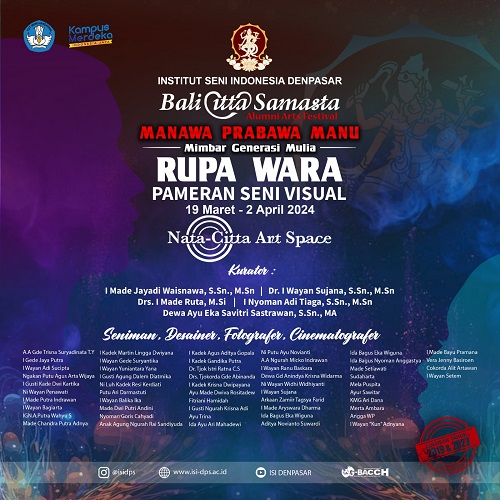The challenge of finding out the relevance of traditional religious notions remains a fresh concern for the local church in the Philippines, a predominantly Christian nation in the heart of Asia. Enriched by its diverse religious traditions, the Philippines no doubt stand as a witness to the constant quest to find meaning about one’s faith. In general, there is the quest to find the relevance of faith practices within the daily grind of life. Within this picture, there is the search for religious meaning which is given life through inquiries that ask about the truths proposed in the Christian faith. The search for religious meaning is captured in the specific inquiry to make sense out of the growing demands and difficulties of life. Today questions about God and evil are raised to address the difficulties between the spiritual and the material. Traditionally, the question of God and evil are raised in the level of adults who raise the cry of pain or protest. Nothing much is heard, from a religious angle, about children’s notions for the simple reason that their mindset is too simple to handle such a delicate subject. How has the question of evil reverberated in the consciousness of the young pupils today? Hence, this paper seeks to address that issue by finding out how sixth graders interpret “evil” today. In particular, this paper wants to know how the sixth graders from selected public schools in Manila appropriate notions of evil today by evaluating their contemporary concepts of evil. This paper shall therefore describe the essential aspects of their notion of evil as gleaned from survey data from the students and shall analyze how emergent themes that are taken from their notions reflect particular popular mindsets.
The problem of Evil
The challenge of writing about evil rests on these framed limitations: (a) that it had always been defined as a negative reality in Christian sources, (b) that most discourses if not all takes evil in terms of its relationship to God and the good, (c) that by these characteristics, evil do not enjoy an epistemological distinction as a reality. The first two difficulties reflect traditional theological and Christian discourses on evil. Of late, current attempts have tilted towards rational discourses. In particular, philosophical and ethical discussions have proliferated in academic circles and literature. Indicative of this are the recent works of some scholars in the ethical practice such as that of Susan Neiman and Claudia Card. From the theological field, theological discussions remain anchored in traditional categories such as creation, God and spirituality.
Download click here











